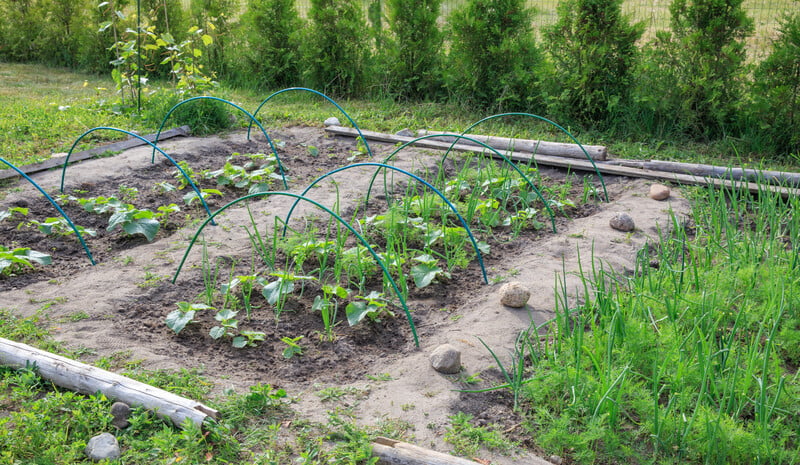Establishing an organic garden can be a gratifying journey, offering a path to sustainability, health, and a deeper connection with nature. But, like any worthwhile endeavor, it comes with its fair share of challenges. From understanding plant nutrition to managing pests and diseases, and overcoming the learning curve, organic gardening requires a certain degree of patience, knowledge, and dedication.
Plant Nutrition
One of the primary concerns in organic gardening is ensuring proper plant nutrition. Unlike conventional gardening, which relies on synthetic fertilizers, organic gardening calls for natural amendments to nourish the soil and, by extension, the plants. This involves an understanding of the nutrient needs of different plants and the ability to balance nutrients within the soil. Compost, manure, bone meal, and green manure crops are common organic fertilizers. But, their nutrient content varies greatly, and their release is often slower and less predictable than synthetic alternatives. Thus, the challenge lies in maintaining soil fertility, ensuring plants have the nutrients they require without overloading the soil and causing environmental harm.
Pests and Disease Management
Organic gardens aren’t spared the onslaught of pests and diseases that every gardener grapples with. Aphids, beetles, slugs, and nematodes are an example of the many parasites that can hurt your plants. Fungal, bacterial, and viral diseases also pose threats. Without the convenience of chemical pesticides and fungicides, organic gardeners need to find natural solutions for these problems. Integrated pest management (IPM) is an organic approach to pest control that emphasizes prevention and encourages beneficial insects. Complementary plantings, crop rotation, and natural insecticides like neem oil can also help. However, organic pest and disease management require constant vigilance, and success may vary, adding to the challenge of maintaining a healthy organic garden.
Learning Curve
Perhaps the most formidable challenge when starting an organic garden is the learning curve. Organic gardening involves more than just avoiding synthetic inputs; it’s about fostering a vibrant ecosystem that promotes plant health. This requires knowledge of soil biology, understanding the complex interactions within the garden ecosystem, and adapting gardening practices accordingly. Moreover, organic gardening is often a process of trial and error. What works in one garden may not work in another due to differences in soil type, climate, and local ecosystems. This necessitates a willingness to learn, adapt, and occasionally face failure.
While these challenges may seem daunting, overcoming them can lead to a rewarding and sustainable gardening experience. Organic gardening presents an opportunity to witness nature’s wisdom, providing food and beauty while caring for the planet. By understanding the nuances of plant nutrition, adopting effective and eco-friendly pest management strategies, and embracing the learning process, you can transform these challenges into stepping stones toward a thriving organic garden.
Check out this article on: The Benefits of Having Trees in Your Backyard







